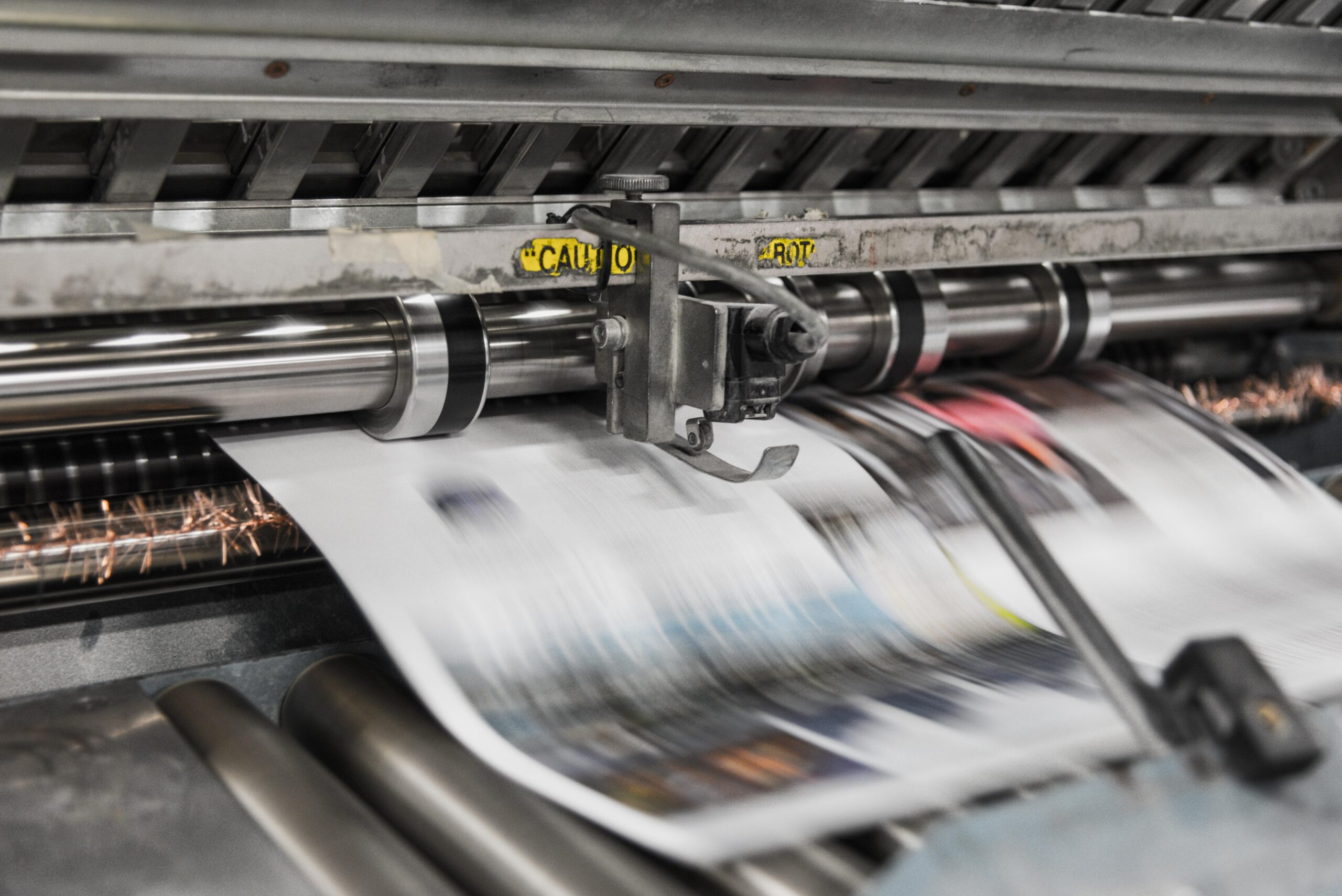Labeling is a business-critical function for many organizations and when it comes to migrating or modernizing an existing system, companies are seeking the least amount of disruption to their business processes as possible.
Labeling environments have developed in line with evolving tools and technology, with demand for supporting more requirements with fewer resources. Companies are facing the challenge of managing and maintaining hundreds or thousands of label templates with a lack of an automated process for label review and approval.
There are also the frequent hurdles such as having to relabel goods upon receipt from suppliers, having to control who can edit, access and print labels and maintaining client software installs and updates for labeling infrastructure.
Loftware Spectrum is an all-in-one labeling solution that is delivered completely through a browser-based interface. It is built for the cloud and includes tools for managing global labeling, from label design and print to lifecycle management. It also supports SAP S/4HANA, Business Suite and ECC.
Loftware stepped in to support Birla Carbon, a manufacturer and supplier of high-quality carbon black additives, which was looking to modernize its labeling solution from Loftware Print Server (LPS), a platform it had been using since 2006. Birla Carbon also maintains dynamic data for approximately 40 different inventory and shipping labels in SAP.
With LPS, Birla Carbon used a file-drop process to transfer labels from SAP to the label printing system. Its migration to Spectrum Cloud enabled the organization to easily update the process it already used in LPS by using the Universal Connector. The IT team handled label testing to ensure the process worked properly and they were able to move seamlessly from one system to the next, with no disruption to the label printing. The migration enabled Birla Carbon to reduce the number of label templates down to 40 from 100.
Moving labeling to the cloud can benefit organizations as it extends labeling system access to a wider group of employees and significantly reduces IT burden. By streamlining operations, Birla Carbon’s IT team helped minimize the risk of system failure and production downtime by empowering business users to troubleshoot printing issues locally.
Spectrum reduced label templates by 60%, ensured continuity of business-critical labeling operations at various manufacturing sites and reduced downtime and necessary IT resources with web-based access and role-based control.
It also supported Birla Carbon’s regional IT coordinators in troubleshooting and fixing label printing issues to keep production running smoothly across different time zones.
Matilde Quaglia, regional IT Coordinator EMEA, Birla Carbon, said: “Extending labeling system access across various manufacturing sites has enabled Regional IT Coordinators to conduct a variety of checks and balances without placing the burden on the SME.
“It’s important to plan in advance. Take a good look at your label templates and make sure you reduce the number of templates ahead of time. The fewer the templates, the easier the migration.”






